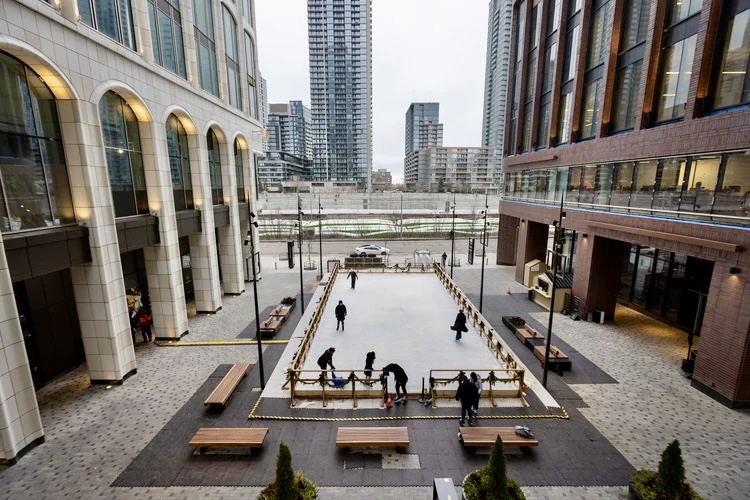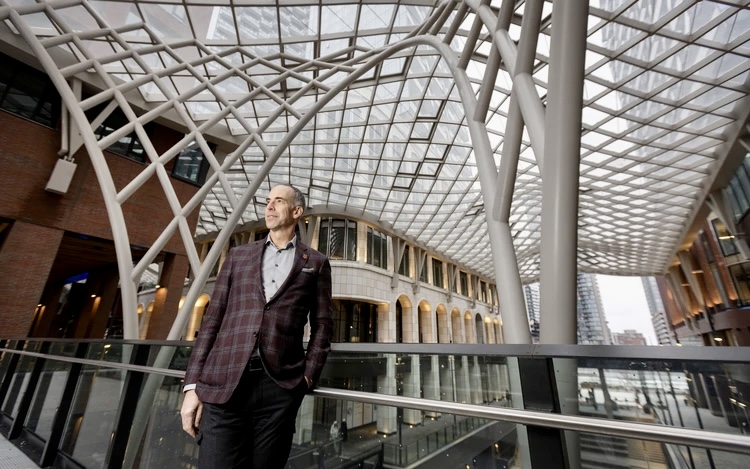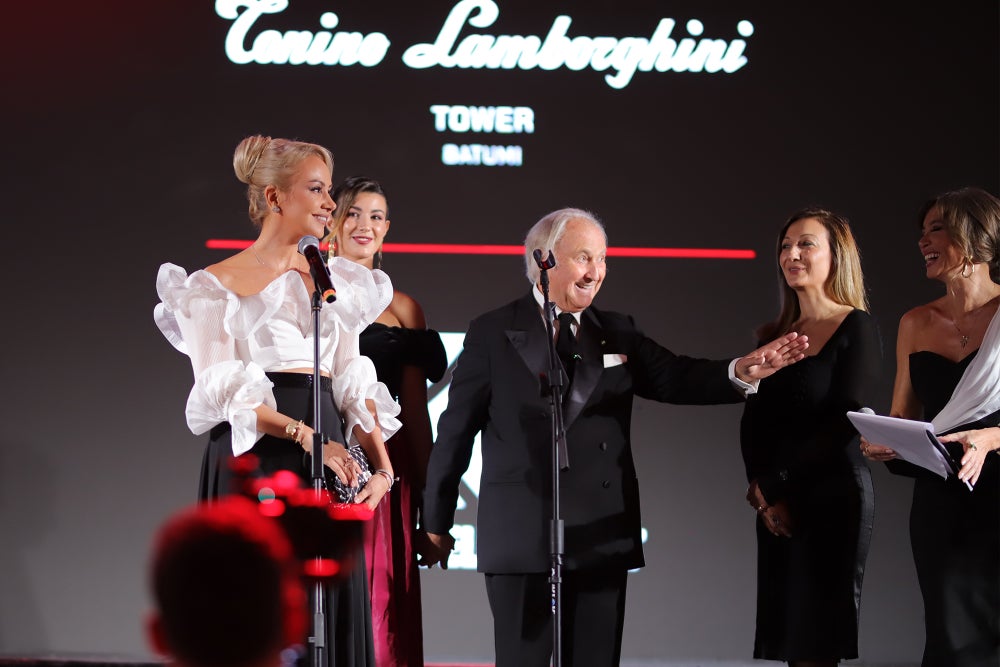Step inside The Well: Toronto's new mall 11 years in the making could foretell retail's future
The mixed-use, residential, commercial, open-air, retail megaproject signals a brave new direction for bricks-and-mortar in an e-commerce age
Jonathan Gitlin opened a can of mineral water, settled into a boardroom chair and apologized if he seemed at all sluggish, a perfectly understandable state to be in given he had just scarfed down a massive gourmet burger at a luncheon with some bankers and was fighting the coma-inducing after-effects.

But he perked right up at the mention of his mentor and predecessor Ed Sonshine. The founder, and now former chief executive of RioCan Real Estate Investment Trust, officially handed the company reins over to Gitlin, his loyal lieutenant, in March 2021.
“What didn’t I learn from Ed?” he said. “It is not just about business, or real estate in particular, but Ed has a very informed opinion on literally everything. I used to sit in his office, and we might be talking about world events, and then I’d go out and regurgitate what Ed said, so everybody would think I was a genius.”
RioCan’s relatively new boss is no lightweight himself, nor is he lacking in strategic vision. RioCan is a major retail landlord that owns some 200 properties with an enterprise value of about $12.7 billion, and has long been associated with traditional shopping malls and big-box stores bordered by parking lot sprawl. But under Gitlin’s leadership, it put the finishing touches on a project just prior to Christmas that involved a good deal of out-of-the-box thinking.
The grand old dame of Canadian REITs, which went public 30 years ago, has been garnering accolades from urban designers and city builders for its latest development, The Well in Toronto. It’s an example of the transformative power of a retail-focused REIT in the e-commerce age, where shoppers always have the option to click and stay home, instead of wandering around the mall.
But at The Well, some of those shoppers live and work in the residential towers and commercial offices above the shops, which open to the surrounding neighbourhood, drawing the wider community to a pedestrian-accessible space that hearkens back to the small town main streets of old.
The mixed-use, residential, retail and commercial development is set on eight acres of land at Front Street and Spadina Avenue, just west of the city’s financial core. It was 11 years in the making, and initially involved three developers, which in the end became two — RioCan and Allied Properties Real Estate Investment Trust.
Allied and RioCan engaged in an exercise of playing nicely, and not simply with one another, but with the city and the local community, and the result is six residential towers and one office building, all ranging in height from 14 to 42 storeys, with a partially covered, open-air, multi-level mall at the base.
“It is unique,” Gitlin said. “It is not homogeneous; it is not like the Eaton Centre.”
Put simply, it is not a box, with a bunch of shoppers trapped inside, but a sign of future developments to come from a trusty, old, retail landlord, that owns several substantial tracts of land in the Greater Toronto Area, much of which is situated near public transit and currently serving as parking for customers of its retail tenants.
“RioCan might be the most motivated homebuilder in the country,” Gitlin said. “We have got the land — we have 14 million square feet of density that is ultimately available to us — and a lot of it is zoned, and some of it is shovel-ready to go. There is opportunity.”
(Financial Post)





